Legislative Working Groups Recommend Special Legislative Session
3 Aug 2020, by Seth Grigg Share :It has been a busy few weeks for interim legislative committees and working groups. Joint Education, Judiciary and Rules, and State Affairs committees have met to explore the potential of a special legislative session. Among the topics covered include liability protections for both private businesses and governmental entities, the November general election, the jurisdiction of health districts over school districts, school district funding flexibility, the authority of the legislature to convene itself for a special session, and the role of the legislature during a statewide emergency declaration.
Last week the joint Judiciary and Rules Committee met twice to discuss potential liability protections for private and public sector entities during a statewide emergency declaration. The committee ultimately endorsed a proposal to provide broad liability protection during any declared statewide emergency. You can review the legislative proposal here. The Legislature will recommend Governor Little call for a special legislative session to address the legislative proposal prior to schools resuming in-person learning.
SImilarly, the joint Education Committee has also requested the governor convene a special session to address concerns raised by educational stakeholders. The primary topic for which the Education Committee would like the governor to convene a special session also relates to COVID-19 liability protections. On Thursday of last week the Education Committee endorsed the same liability proposal approved by the Joint Judiciary and Rules Committee.
A meeting of the joint State Affairs Committee is scheduled for Wednesday, August 5th at 9am MDT. The meeting will be held virtually via Zoom. A link to view the meeting will be emailed to county officials once it is publicly available. The committee will review two legislative proposals related to elections. The first proposal will allow clerks to open, scan, and secure absentee ballots up to seven days prior to the election to accommodate the expected increase in absentee voting. The second proposal authorizes counties to establish vote centers on election day through which in-person voters would be allowed to vote at any one of several voting centers on election day. Under such a proposal, voters would be allowed to show up at any designated vote center and have their ballot printed on demand. Voting centers allow for same day voting to occur in a more efficient manner. The joint State Affairs Committee is expected to review these proposals and make a recommendation to Governor Little about whether or not to include election legislation in a special legislative session.
With all this legislative activity, it is anticipated that the governor will convene the Legislature for a special legislative session in the coming weeks. Under the Idaho Constitution, only the governor is authorized to convene the Legislature for a special session. The governor also sets the terms under which the Legislature can meet. The governor can call the Legislature into session for multiple topics, but the Legislature can only propose legislation related to the purpose for which they have been convened. Both Governor Risch and Governor Otter convened the Legislature for special sessions during their terms in office. In both instances, the Legislature was convened to address a very special single topic. Stay tuned for additional information as it becomes available.






